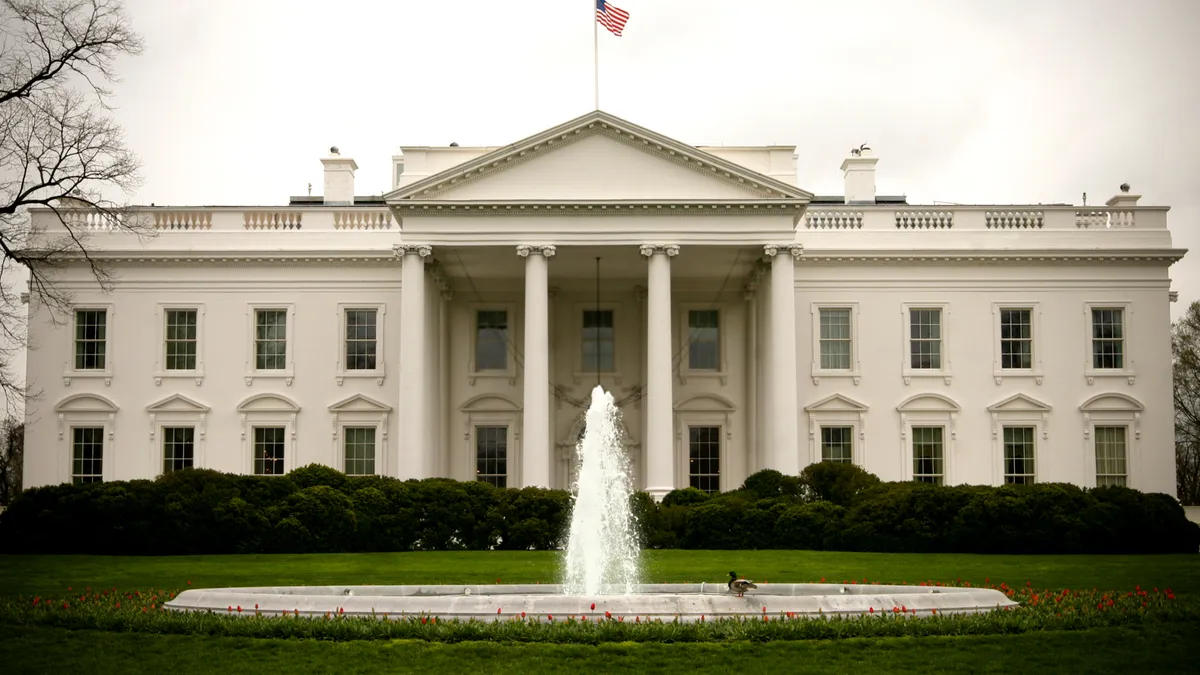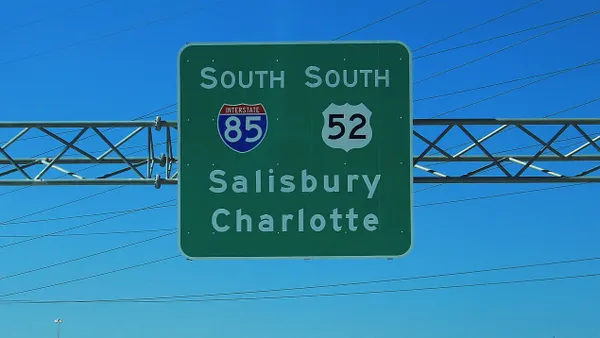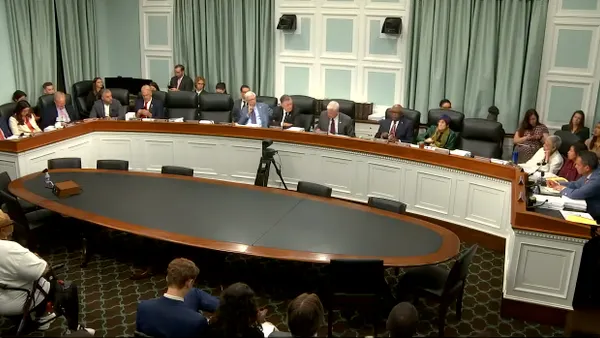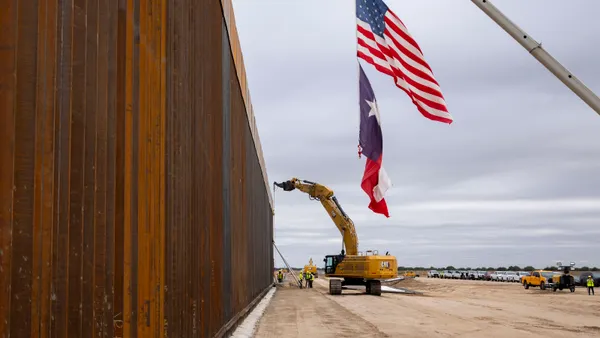Dive Brief:
- President Joe Biden and Speaker Kevin McCarthy struck an agreement late Saturday to suspend the debt ceiling for two years. The result of their talks, the Fiscal Responsibility Act of 2023, will cut $136 billion in federal spending and avert a default, and most notably for the nation’s civil contractors, includes measures to accelerate environmental permitting.
- Provisions to speed projects such as some highways, bridges and pipelines include designating one lead federal agency to oversee environmental reviews and the use of a single “concise public document” for each project. Environmental reviews would have to be completed in no more than two years.
- In addition, the legislation could entice more Americans into the workforce via updates to food stamps and other assistance programs on both the federal and state levels. It raises the age until which most food stamp recipients must seek work from 49 to 54.
Dive Insight:
Now that negotiators representing the White House and congressional Republicans have struck an accord, both parties must both convince their colleagues to approve it. House lawmakers are expected to vote on the agreement this week, according to the New York Times. Congress must pass the measure before June 5, when Treasury Secretary Janet Yellen warned that the United States will run out of cash.
The Associated General Contractors of America praised the agreement.
“The debt limit deal announced over the weekend includes significant reforms to a federal permitting process that has, until now, been one of the main impediments to progress on many vital infrastructure projects,” AGC CEO Stephen Sandherr said in a statement. “The agreement’s new work requirements for some individuals receiving federal assistance should bring more people back into the workforce.”
The deal does not cut Infrastructure Investment and Jobs Act money, but the Sandherr said in the statement, “We will remain vigilant in our efforts to protect that funding.” Heads of public construction companies said in recent earnings calls they were watching the debt ceiling talks to ensure Infrastructure Investment and Jobs Act funding didn’t get cut.
The deal also approves permitting requests for the long-delayed Mountain Valley Pipeline, a $6.6 billion methane gas project in West Virginia championed by West Virginia Senator Joe Manchin. A joint venture composed of Equitrans Midstream, NextEra Energy, Consolidated Edison, AltaGas and RGC Resources is building the controversial 300-mile pipeline.















